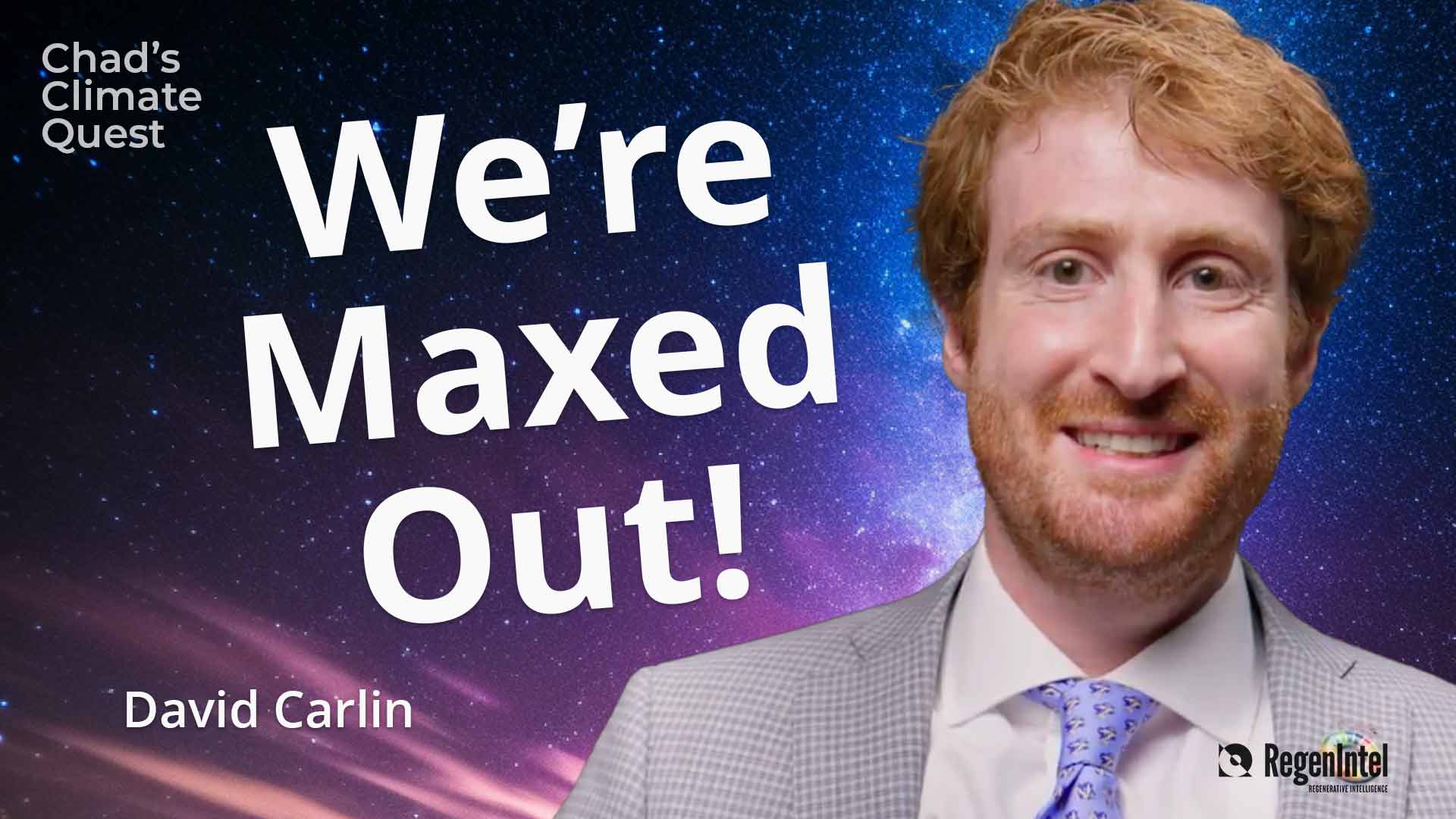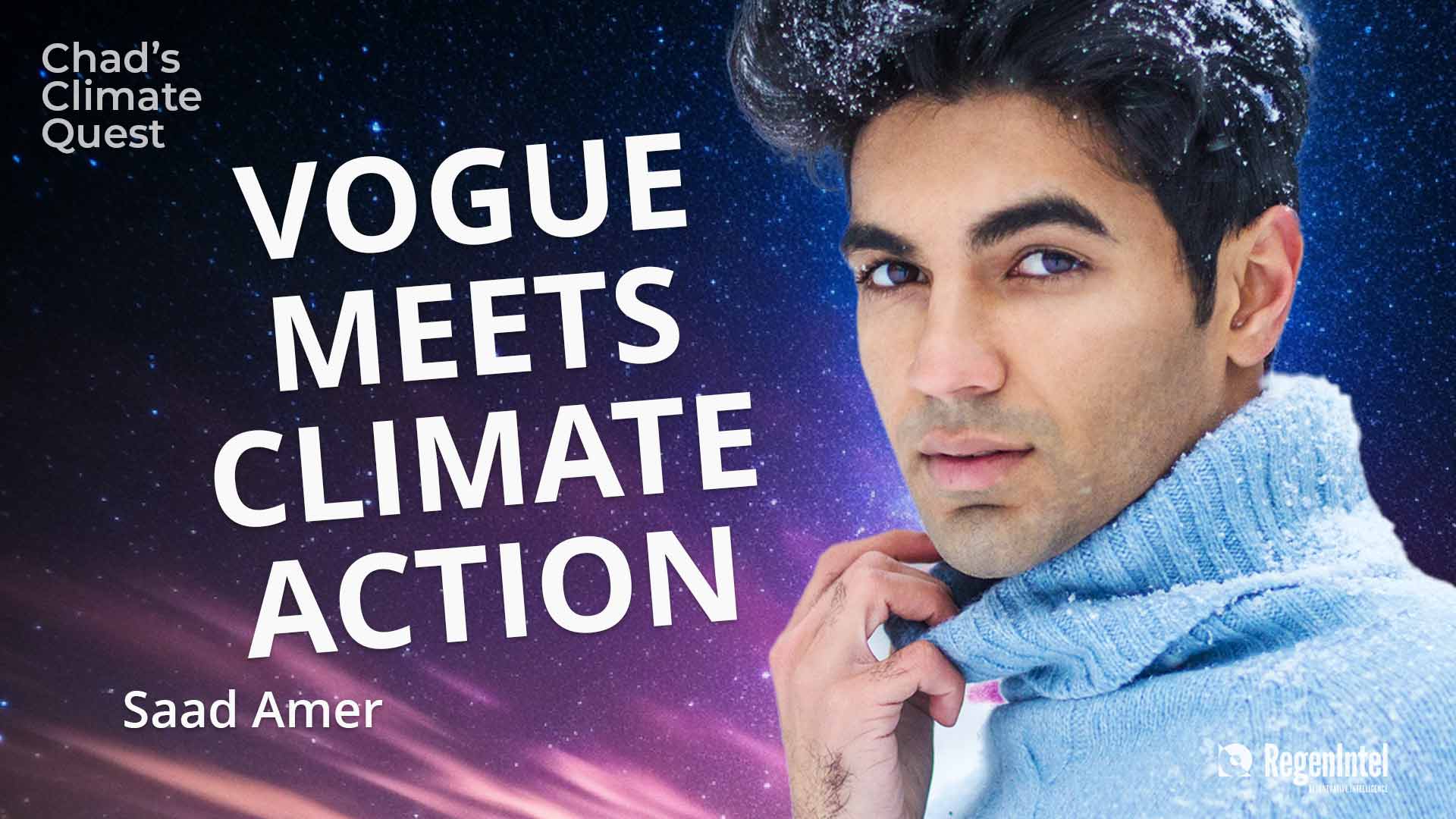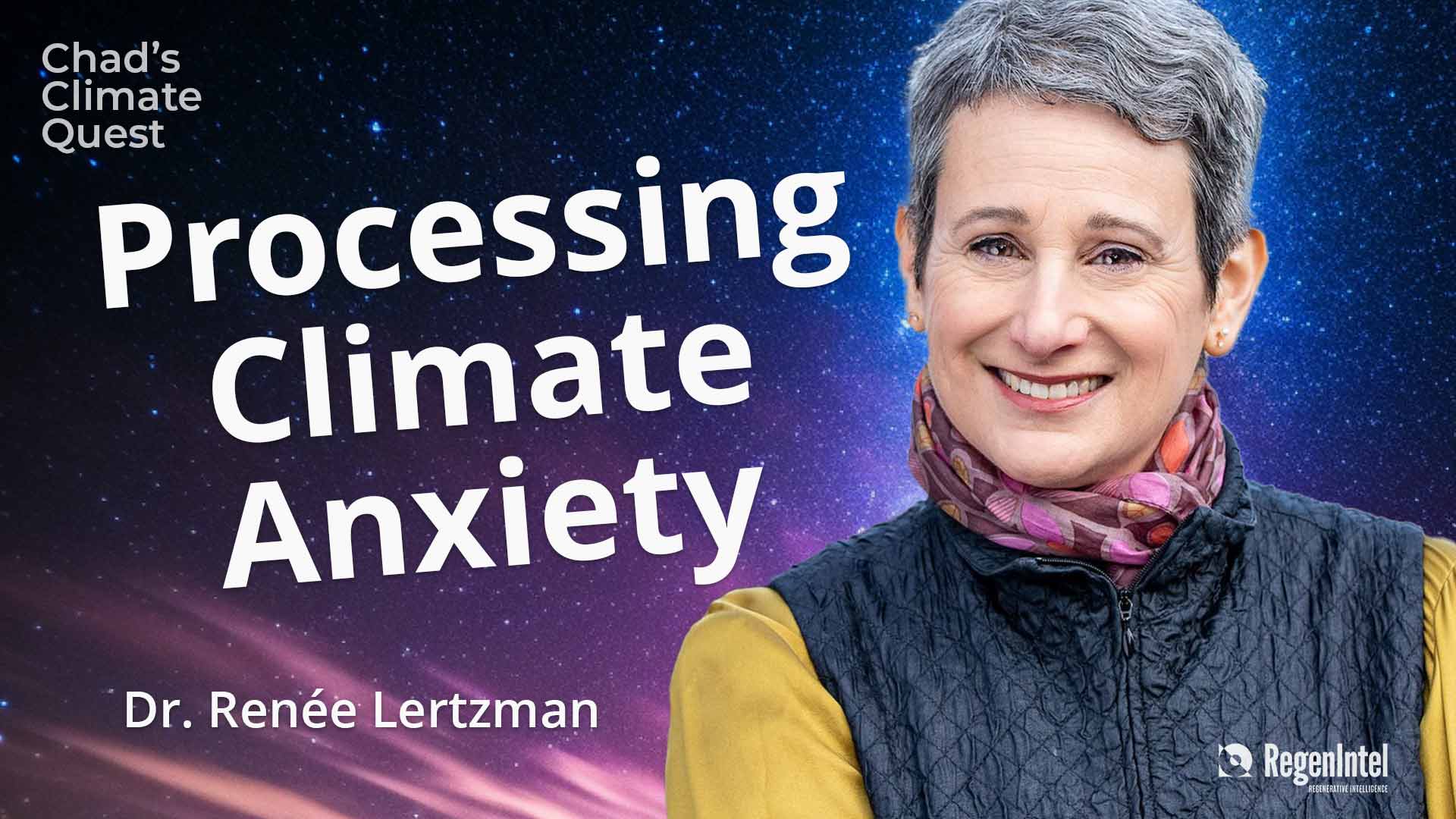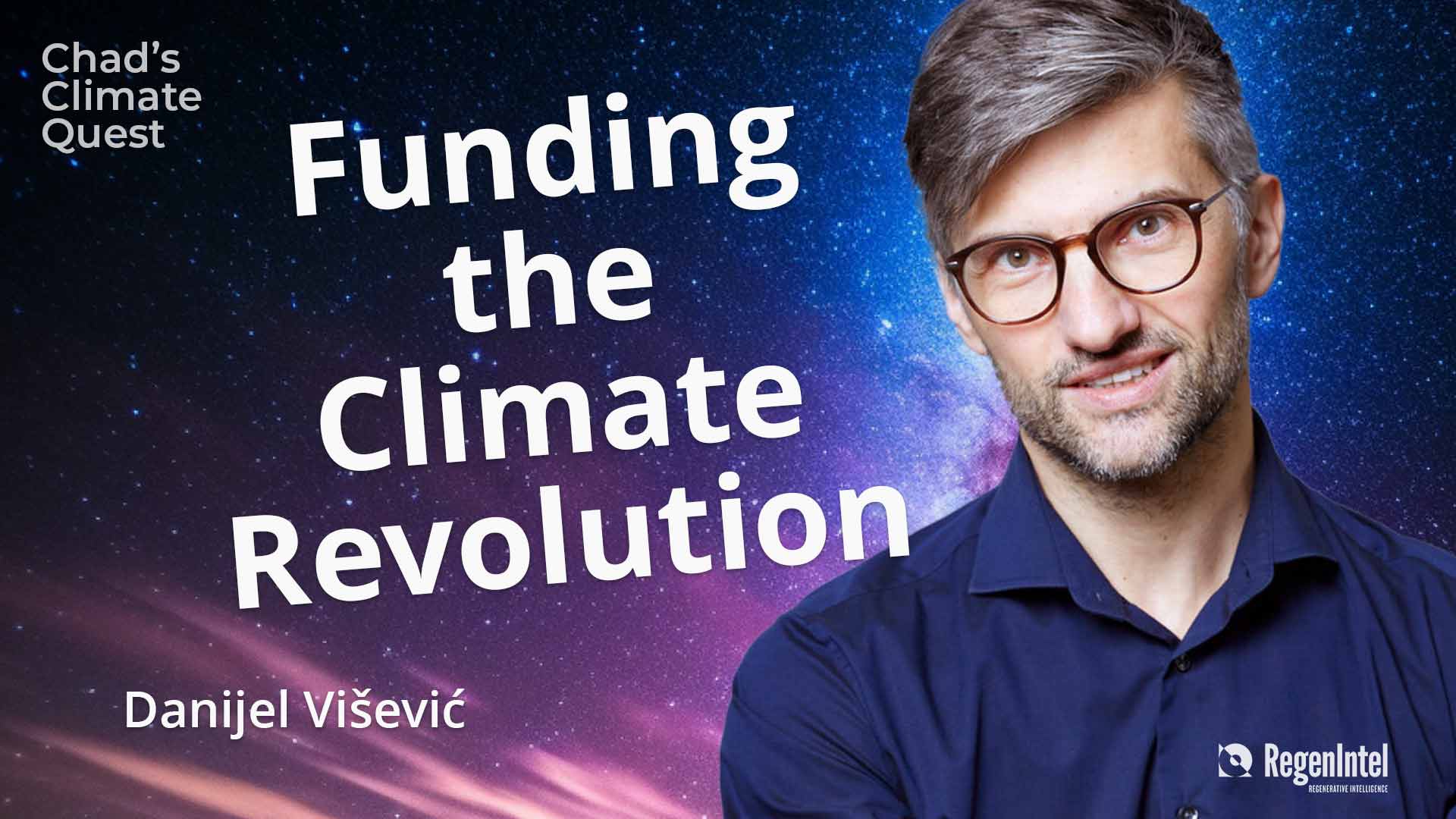That’s changing, and more leaders are beginning to think like "Bucky" Fuller and John Fullerton, Buckminster Fuller Institute adviser and founder of the Capital Institute.
Julia Zhou, founder of a global advisory firm Tidal Impact, also follows Fullerton’s guidance for holistic ecosystems as a champion for regenerative models that prioritize planetary well-being alongside profit.
In the latest episode of Chad’s Climate Quest, learn more about how Tidal Impact has guided companies to embed regenerative principles into the corporate DNA. Tidal Impact’s clients are encouraged to go beyond ESG compliance to put regen principles into practice.
Challenging the Unicorn Growth Model
She challenges Silicon Valley’s startup ecosystem built around the unicorn model, where companies scale as fast as possible to achieve billion-dollar valuations often at the cost of social and environmental health.
Tidal Impact’s work adopts the Zebra model to reposition the metrics for success, moving from shareholder toward stakeholder well-being, aligned with Fuller’s vision of a regenerative abundant economy. Going beyond the business community, Tidal Impact promotes cross-sector collaboration, bridging the gap between finance, climate tech, governance, and social impact to create holistic, interconnected solutions—a direct application of Fuller’s whole-systems thinking.
Awareness to Action
One of the biggest controversies in sustainability practices is greenwashing. Julia discussed with Host Chad Frischmann how real impact requires a shift in governance structures, financing mechanisms, and consumer engagement. She outlines how companies move from performative sustainability to genuine, measurable change through transparency and solutions that address root causes rather than symptoms.
Like Fuller and Fullerton, Julia asserts that regeneration is not just an economic framework; it’s a cultural movement. It demands building a new system from the ground up, not just tweaking existing systems, and the good news is the tools are already in place to make it happen.
About Julia Zhou
Julia has been working in the impact space for over six years as an entrepreneur and founder of multiple initiatives. As co-founder of Tidal Impact, Julia Zhou has worked to integrate sustainability into corporate strategies and investment decisions, influencing how businesses prioritize regeneration. As president and founding board member of the Sigma Squared Society, she supported a global network of young founders who have collectively raised over $2 billion to develop impact-driven businesses tackling climate, social justice, and sustainability challenges. Additionally, she co-founded an HR-Tech venture, leveraging psychology and data science to enhance team performance.
Julia is a Graduate of the University College Maastricht at Maastricht University. Among other things, she is a Responsible Leader of the BMW Foundation and serves as an advisor and mentor to organizations such as A Plastic Planet and the Founder Institute.













